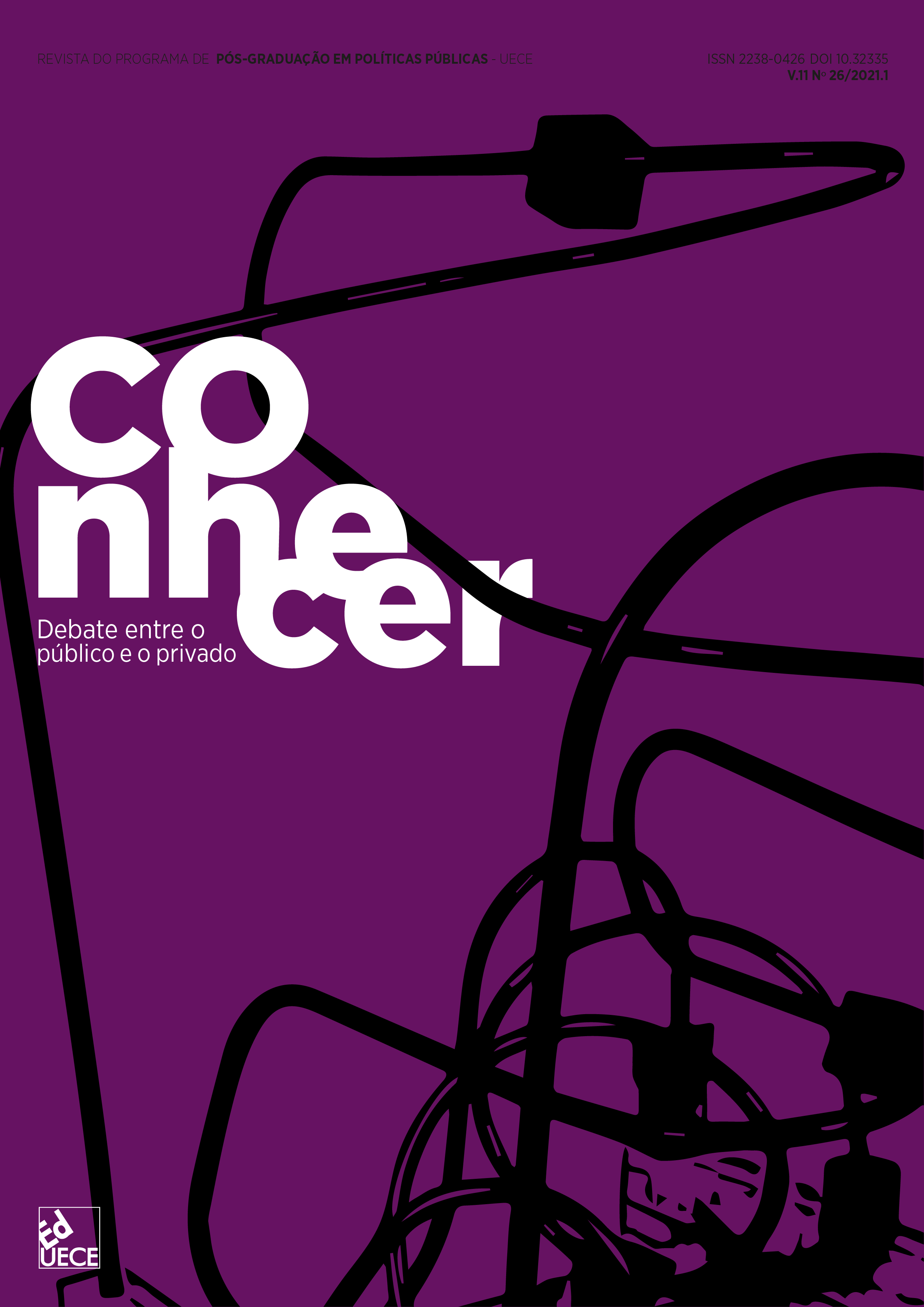Feminism, gender inequality and LGBTphobia:
the intersectionality of minorities in Brazil
DOI:
https://doi.org/10.32335/2238-0426.2021.11.26.4651Keywords:
feminism, gender inequality, LGBTphobia, intersectionalityAbstract
The debates on gender are not closely related to the urgency of a perspective of change in terms of public
policy, as this theme undergoes numerous clashes with regard to the issue of discrimination and racial prejudice, i.e. a historical quarrel that stems from a colonial, patriarchal, and intrinsically slave-holding Brazil. Thus, this article incites deep-rooted issues about how the agendas of gender, race, and economic standard intertwine, putting forward unique situations of risk and prejudice that reinforce unfair stereotypes and curb the true form of expression, something which shapes intersectionality. In fact, society theoretically fosters the person as a plural being, however, discrimination has subjugated and lacerated the lives of black, peripheral women, as well as the LGBTQIA+ community, which are unassisted by public projects. We are going through a context where it is needed to enable the inclusion of women, whether they are black or not, within a level of equal pay and protection; in this sense, we are inserted in a situation of lack of prevention programs that educate children and effectively change adult behaviors. In conclusion, feminism and the LGBTQIA+ community face social barriers to be respected and recognized in their dignity, something which leads to clashes with a social class that feels superior and counterpoints the individual human rights.
Downloads
Downloads
Published
How to Cite
Issue
Section
License
Authors who publish in this journal agree with the following terms:
- Authors retain the copyright and grant the journal the right of first publication, and the study is simultaneously licensed under the Creative Commons Attribution License, which allows sharing the study by acknowledging authorship and initial publication in this journal.



